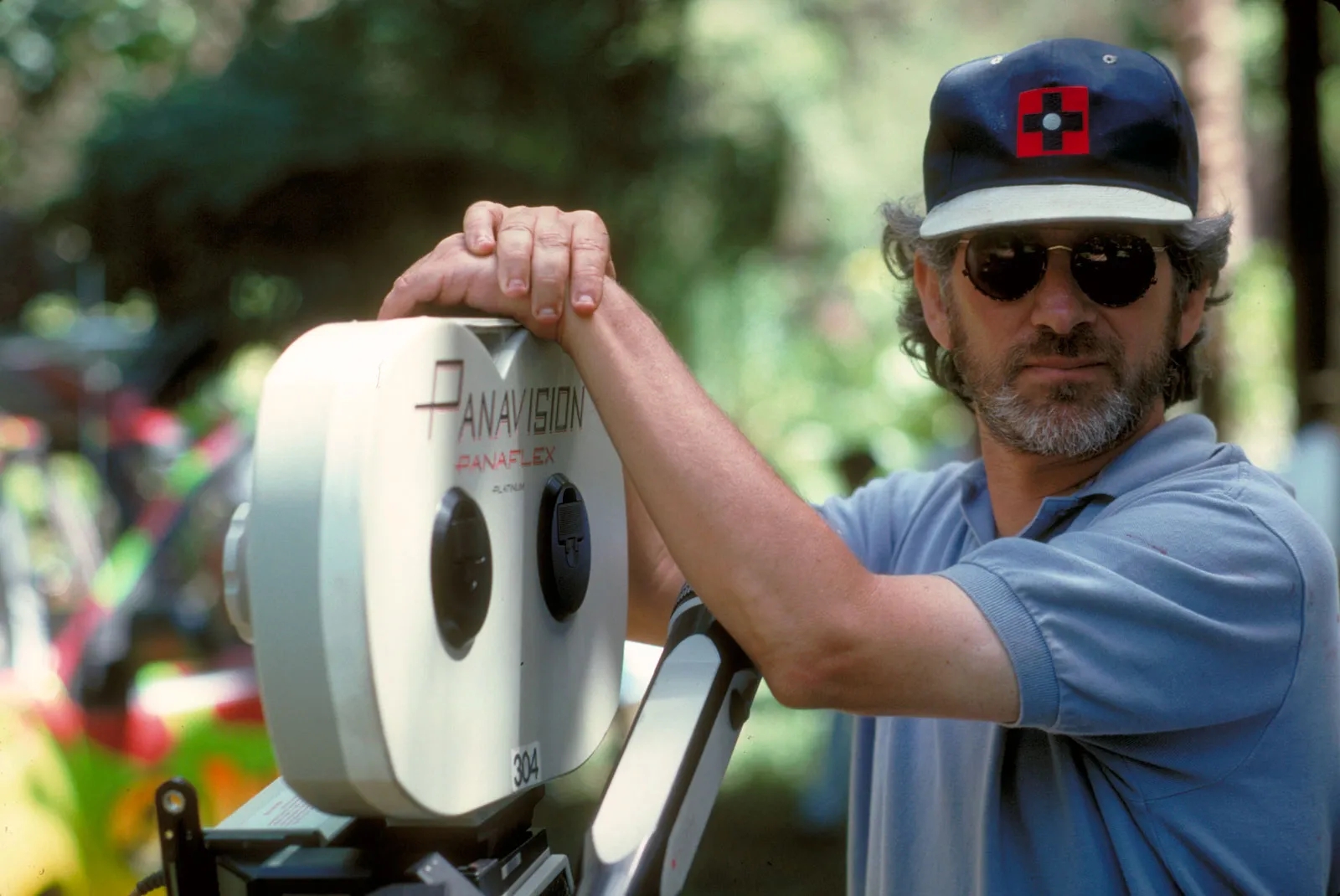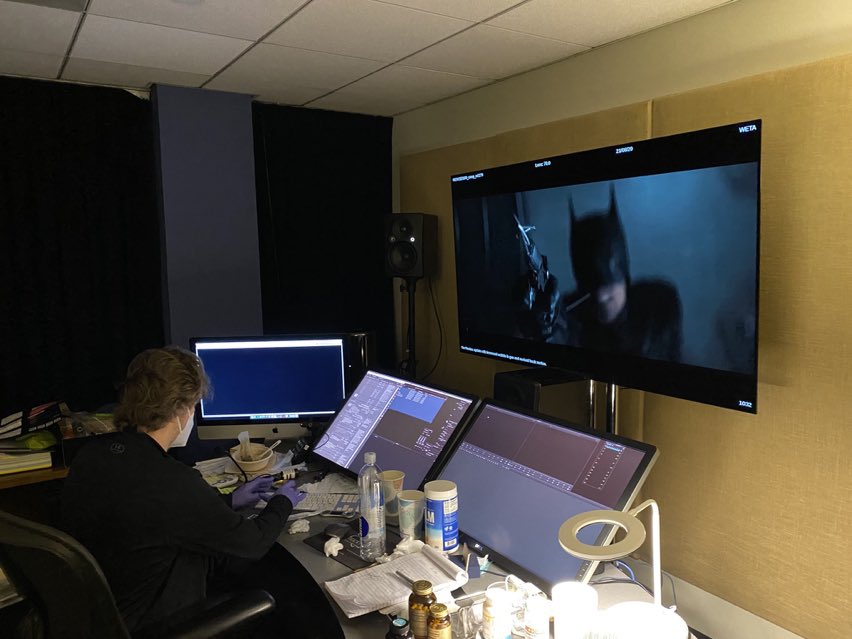The cinema industry is undergoing significant changes, and technology is playing a crucial role in shaping the future of cinema. With the emergence of new technologies, filmmakers are finding innovative ways to make and distribute films, and audiences are discovering new ways to watch and interact with movies. In this blog post, we’ll explore some of the ways technology is changing the future of cinema.
- Virtual and Augmented Reality
Virtual and augmented reality technologies are becoming more accessible and affordable, and they offer exciting new possibilities for filmmakers. With VR technology, viewers can experience films in immersive 3D environments, and filmmakers can create interactive stories that respond to the viewer’s actions. Augmented reality, on the other hand, allows filmmakers to blend the real world with digital elements, creating unique cinematic experiences that blur the lines between reality and fiction.
- Streaming Services
Streaming services like Netflix and Amazon Prime have already disrupted the traditional cinema industry, and they’re likely to continue to play a significant role in the future of cinema. With the rise of streaming, more and more filmmakers are finding distribution for their work, and audiences can watch films on their own terms. This shift towards on-demand content has also given rise to a new era of binge-watching, where viewers can consume entire seasons of TV shows or movie franchises in one sitting.
- AI and Machine Learning
AI and machine learning technologies are also set to transform the cinema industry. These technologies can analyze vast amounts of data and provide insights into audience preferences, which can help filmmakers make better creative and marketing decisions. They can also help automate certain aspects of the filmmaking process, such as video editing and color grading, which can save time and reduce costs.
- High-Resolution and Immersive Audio
High-resolution and immersive audio technologies are also changing the cinema experience. Technologies like Dolby Atmos and DTS:X offer 3D sound, which can create a more immersive and engaging audio experience for audiences. This trend towards high-quality audio is also driving the demand for high-quality video, with filmmakers seeking to deliver the best possible picture and sound quality to audiences.
- Blockchain Technology
Blockchain technology is also set to have an impact on the cinema industry, with the potential to revolutionize film financing and distribution. With blockchain, filmmakers can use smart contracts to raise funds for their films, and they can distribute their work directly to audiences without the need for intermediaries. This can reduce the costs and complexity of the film distribution process, making it easier for independent filmmakers to bring their work to a wider audience.
In conclusion, the future of cinema is exciting and full of possibilities, with technology playing a central role in shaping the industry. From virtual and augmented reality to streaming services and AI, the possibilities are endless, and the industry is set to continue to evolve and innovate. As filmmakers and audiences embrace these new technologies, the future of cinema looks brighter than ever.














